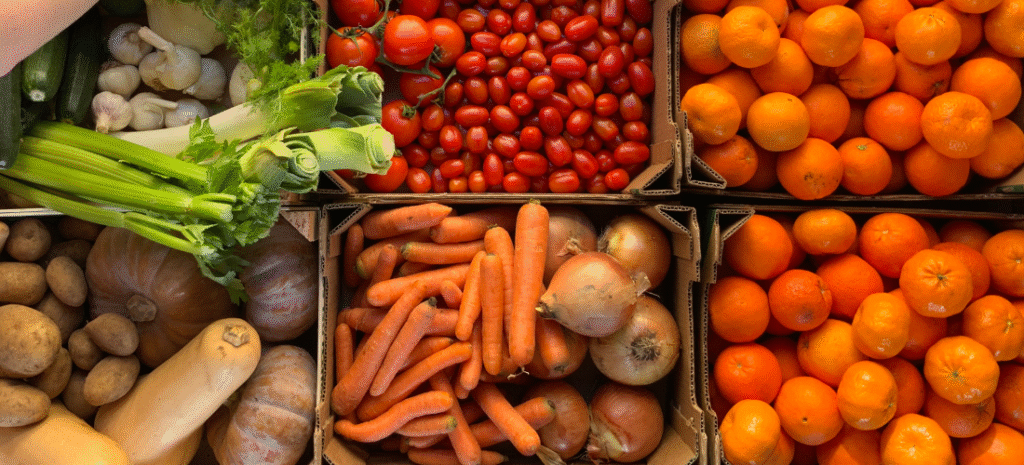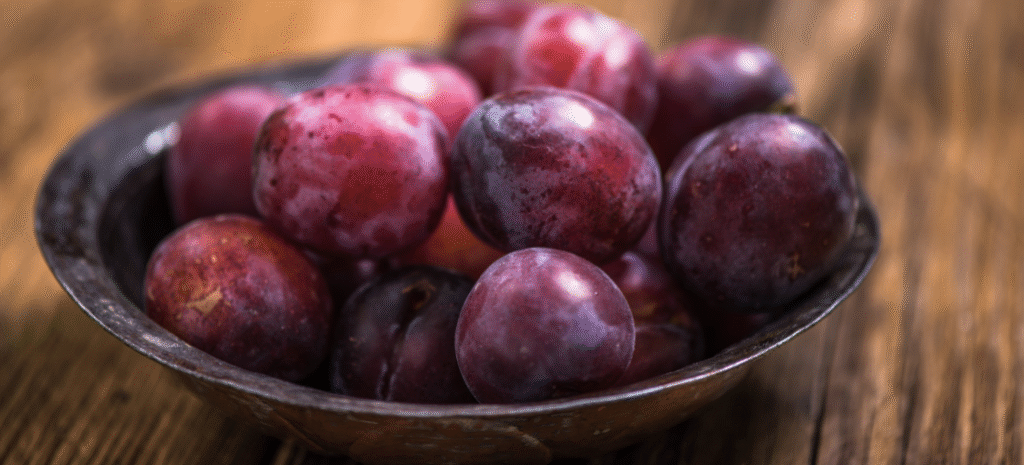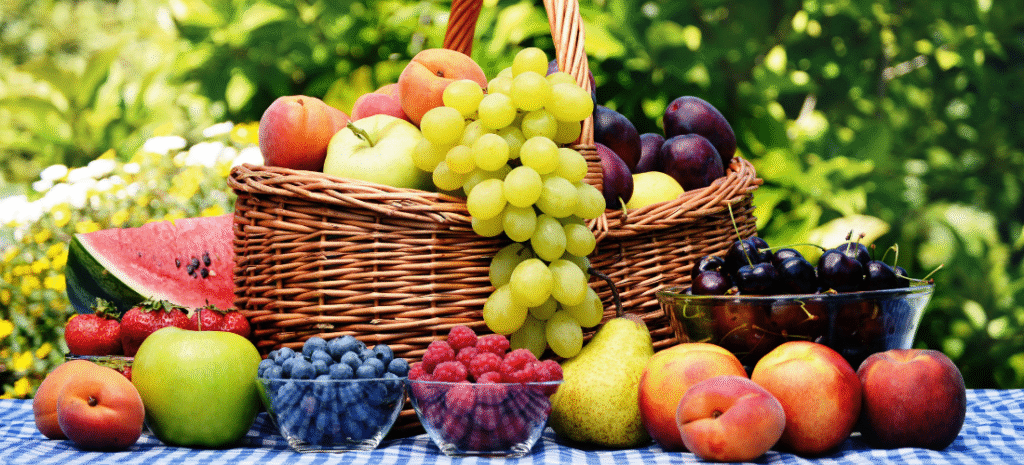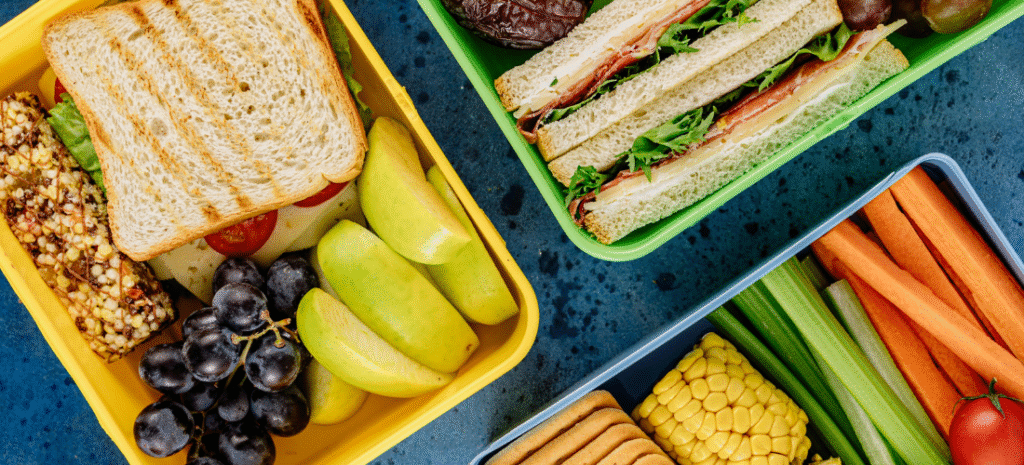During the colder months of the year, our bodies require more energy and extra protection to cope with the cold and increased exposure to viruses and bacteria. Fortunately, nature provides us with foods rich in vitamins, minerals and antioxidants, valuable allies to strengthen the immune system and keep us healthy.
Fruit and vegetables stars of winter
Prominent among seasonal fruits are clementines: handy to carry around with you at all times, they are a concentrate of vitamin C, essential for boosting immunity, protecting the skin and promoting iron absorption. Kiwis also deserve a place of honor: rich in vitamin C, vitamin K, potassium and fiber, they are a valuable support for the gut and cardiovascular health.
Among winter vegetables, radicchio stands out for its high content of anthocyanins, powerful antioxidants, while cabbage is rich in vitamin C, calcium and fiber.
What to put in your cart, month by month
January
- Clementines (to cover vitamin C requirements)
- Radicchio (both raw and cooked)
- Cauliflower (rich in fiber and vitamin K).
February
- Kiwi (to strengthen defenses and promote intestinal transit)
- Kale (important for bones and immune system)
- Leek (source of fiber, vitamin C, folic acid, and sulfur compounds).
March
- Cabbage (purple or white, raw or cooked)
- Fennel (good for those suffering from constipation due to insoluble fiber)
- Jerusalem artichoke (rich in inulin, a prebiotic fiber that supports intestinal health).
Practical tips for preserving vitamins
Cooked vegetables are often preferred in winter, but it is also important to alternate with raw or quick-cooked vegetables to keep the vitamin content intact. Try enriching salads or yogurt with citrus fruits, kiwis or apples, or top your bread with these fruits for a burst of flavor and health.
Winter: variety, taste and sustainability
Even during the cold season we can eat in a varied, tasty and sustainable way by choosing seasonal products that are better for us and the environment.
by dietitian Alessandra Zanini



